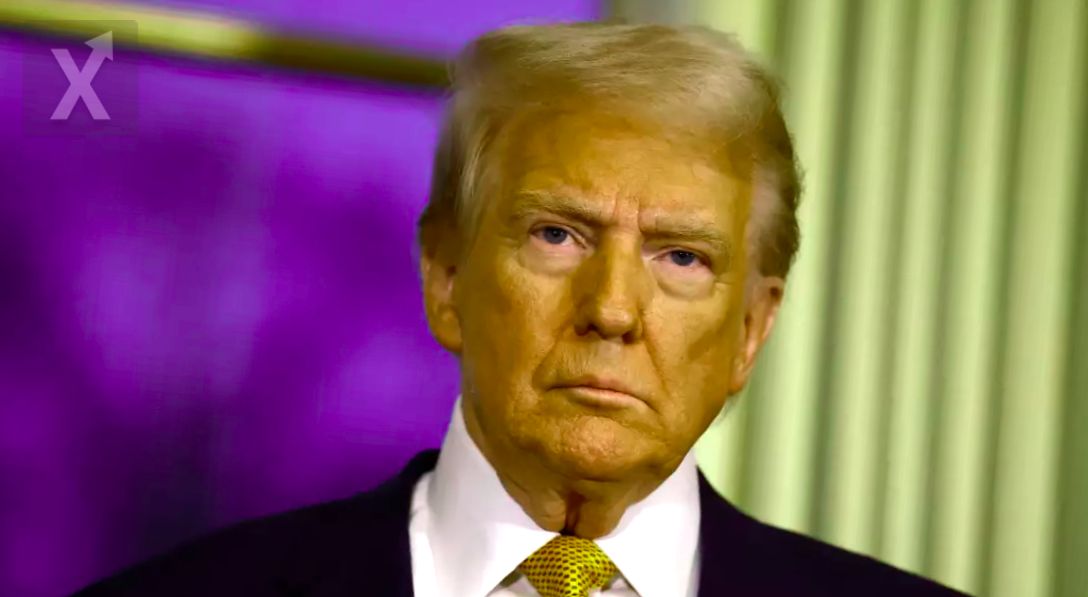Trump Denies Rumors About Possible Changes in Tariff Policies

(WASHINGTON) - The president-elect of the United States, Donald Trump, denied on Monday some media claims suggesting that his team was considering tariff plans that would only affect key imports. "The article published in The Washington Post, based on supposed anonymous sources that do not exist, mistakenly states that my tariff policies will be reduced. That is completely false. The Washington Post knows it’s false. It’s just another example of fake news," he wrote in a post on Truth Social.
The Washington Post, citing three sources familiar with the situation, reported on Monday morning that Trump's advisors were evaluating tariff plans that would encompass all countries but focus on sectors considered crucial for national and economic security. This would represent a significant shift from the promises Trump made during his 2024 presidential campaign. Stocks and currencies in Europe saw a considerable rise on Monday following these speculations. Trump, who will take office on January 20 as a member of the Republican Party, had pledged to impose a 10% tariff on all imports to the U.S. and a 60% tariff on products from China. Trade experts warn that such measures would disrupt trade dynamics, increase costs, and could provoke retaliation against U.S. exports. According to the newspaper, these plans are still in development and lack definitive details on which sectors the tariffs would apply. Initial discussions have focused on key sectors that Trump seeks to reintroduce to the United States, according to the sources consulted by The Washington Post. "These include the industrial supply chain for defense (through tariffs on steel, iron, aluminum, and copper); critical medical supplies (syringes, needles, vials, and pharmaceutical materials); and energy production (batteries, rare earth minerals, and even solar panels)," two of the sources informed the outlet.
Recently, Reuters reported that a document from Trump’s transition team suggested imposing global tariffs on all materials used in electric batteries, in an attempt to bolster domestic production and subsequently negotiate exemptions with allies. The proposal indicated that tariffs should be placed on imports related to the "electric vehicle supply chain," including batteries, critical minerals, and charging components. The proposal, which Reuters had access to, suggested that the government should utilize tariffs under Section 232, which focuses on threats to national security, to restrict imports of such products. In recent years, the Department of Defense has highlighted the strategic vulnerabilities of the United States due to China’s control over the extraction and refining of critical minerals, such as graphite and lithium, which are necessary for batteries, as well as rare metals used in both electric vehicle motors and military aircraft.
The tariff situation is crucial not only for the U.S. economy but also for its trading partners, including Mexico. Changes in tariff policies can create a domino effect on the global economy, impacting supply chains and production costs. It is essential for markets to stay alert and for businesses to evaluate their import and export strategies to mitigate any risks arising from potential tariffs that may be implemented.






